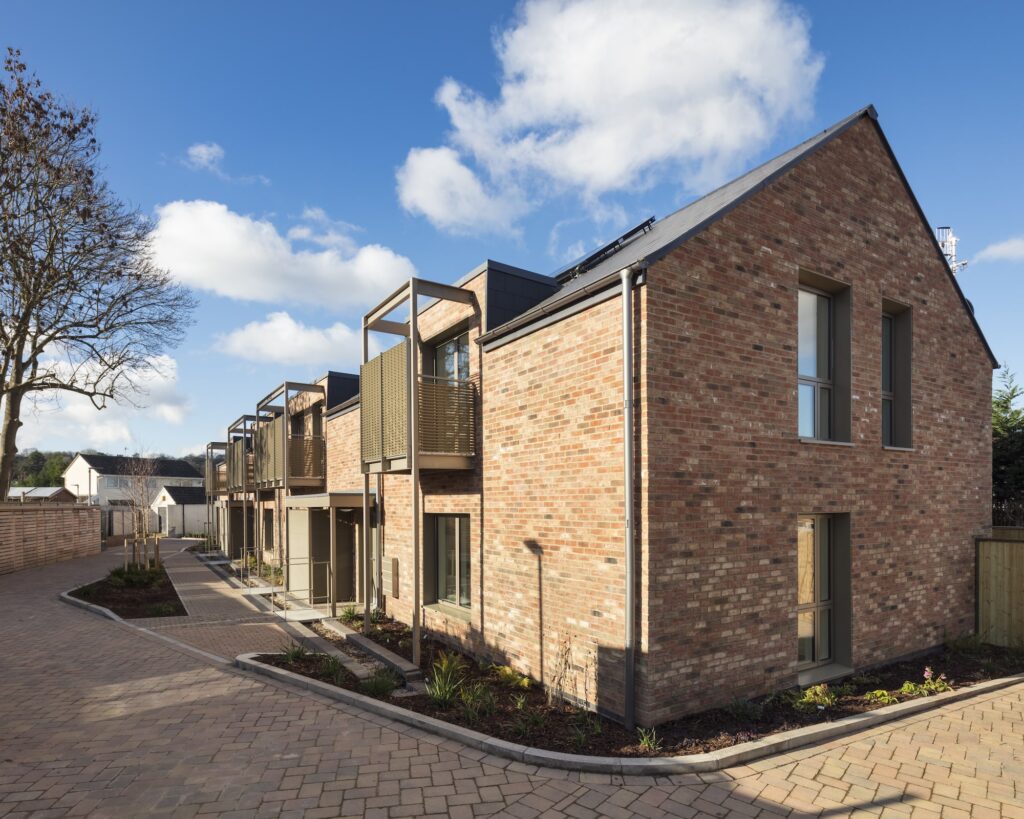10
Sep 2025
- BY Kevin Barry BSc(Hons) MRICS
- POSTED IN Latest News
- WITH 0 COMMENTS
- PERMALINK
- STANDARD POST TYPE

The top 5 hold-ups in building social housing in the UK, based on a synthesis of reports from government, think tanks, and industry sources, are as follows. These represent the most commonly cited barriers affecting new construction and delivery:
- Funding constraints and insufficient government subsidies: Limited central government grants, high borrowing costs, and overall financial strain on housing providers make it difficult to finance new projects, especially amid inflation and competing demands like maintaining existing stock.
- Planning system delays and regulatory compliance: England’s discretionary planning process, including lengthy approvals and viability assessments, often stalls developments, while regulatory burdens like environmental standards add complexity and cost to new builds.
- Local opposition and NIMBYism: Community resistance from residents and local authorities, often driven by concerns over infrastructure strain or property values, frequently blocks or delays permissions for social housing schemes.
- Land availability and rising costs: Scarcity of suitable, affordable land—exacerbated by high prices and lack of strategic land market interventions—limits where and how much social housing can be developed.
- Skills shortages and construction industry capacity: A lack of skilled workers, planners, and overall sector downturns (worsened by economic factors like high interest rates) hinder the pace and scale of building new social homes.
